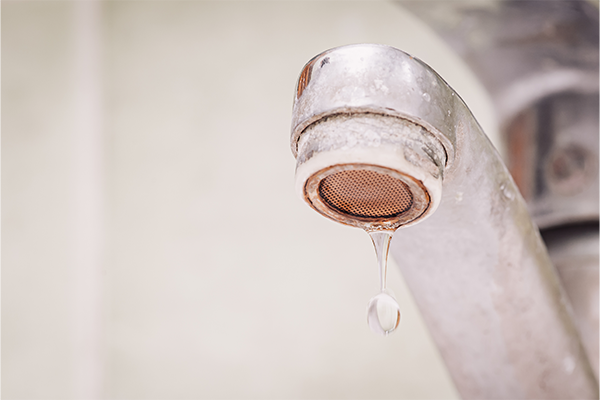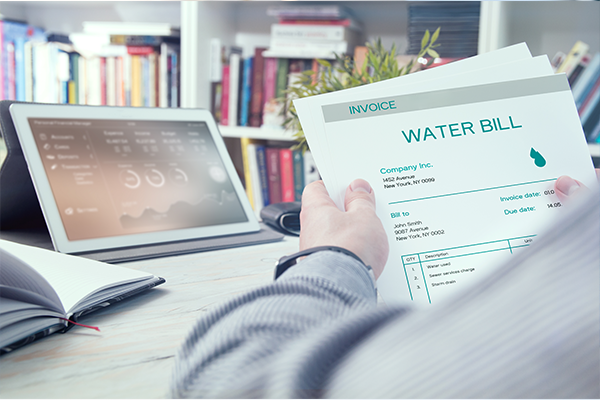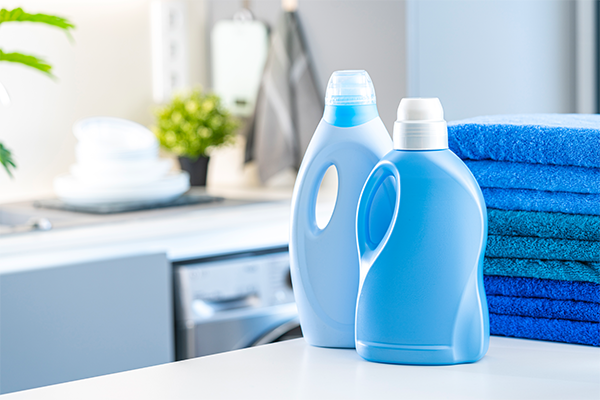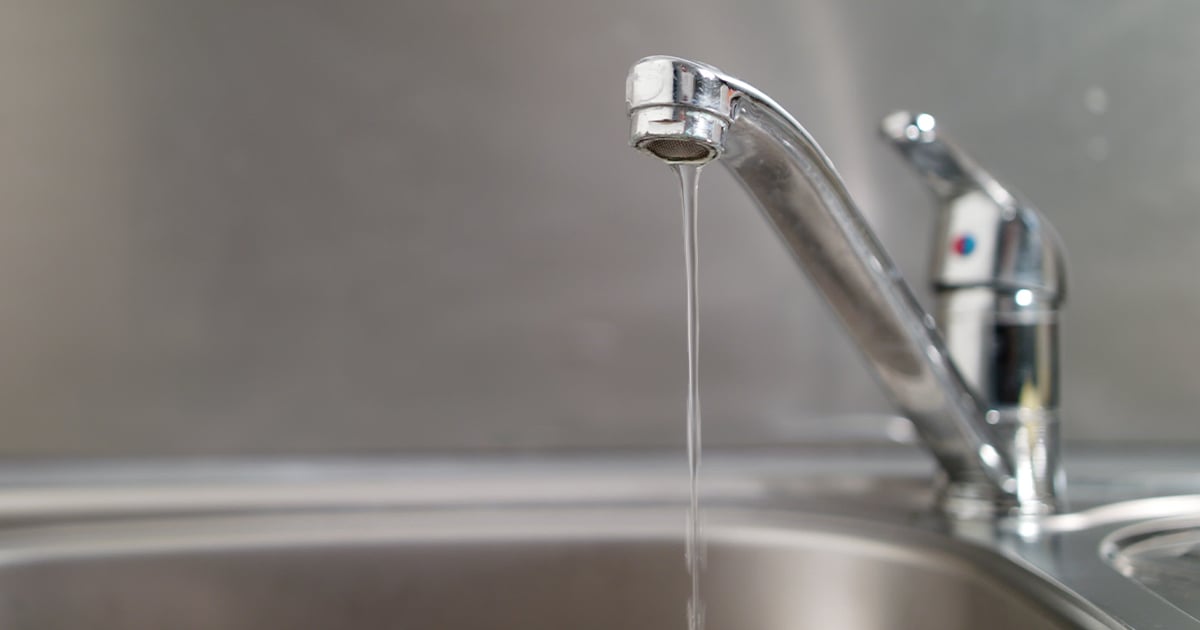April is Water Conservation Month, a vital initiative to remind people to conserve water year-round. You probably know most of the essential ways to save water, such as turning off the sink while brushing your teeth, but you may have yet to learn one of the most effortless changes that can make a significant long-term impact.
While they're typically perceived as appliances that improve water quality, water softeners are also an excellent tool for home and business owners looking for ways to reduce their water use. Learn how a water softener is an eco-friendly fixture that can help your water conservation efforts.
What does a water softener do?
The primary function of a water softener is to treat hard water using salt and ion exchange, leaving your water soft, clean, and filtered. Water softeners work through a four- or five-step regeneration cycle where water enters the softening system and is treated with salt to remove calcium and magnesium particles.

Is hard water bad for you?
While it is safe in most uses, hard water can have consequences throughout your home or business on your appliances and anyone who uses it in some way. Installing a water softener to treat hard water helps avoid an accumulation of calcium carbonate, also known as scale, in any appliance or room in your house or office building.
Because of the minerals, visible impacts of hard water can include:
- Spots, streaks, or cloudy films on dishes
- Soap scum in bathtubs, showers, or sinks
- Chalky deposits on faucets and shower heads
- Brown stains in toilet bowls
- Dingy, scratchy, or faded laundry
Some of the less noticeable impacts that result from hard water may include:
- Longer cleaning or bathing
- Shorter appliance lifespans
- Reduced appliance efficiency
- Weaker water flow in pipes
- More irritated, dry, or flaky skin

How does a water softener help conserve water?
Water softeners offer many benefits in treating hard water and reducing monthly expenses, and those benefits directly translate to more eco-friendly impacts. Here are 4 ways the standard benefits you'd enjoy from a water softener contribute to your water conservation efforts.
1. Boost Device Efficiency
Hard water leaves scale build-up wherever it goes, whether it's your pipes or brand-new high-efficiency dishwasher, leading to a reduced water flow. Because of reduced water flow due to hard water, your pipes and devices must work harder to get the job done, meaning they use more water and energy than necessary to do a less-than-stellar job.
With a water softener, any materials that typically cause scale build-up and contribute to lower efficiency are filtered out before getting to your appliances and the rest of your building's pipes. Soft water helps your devices work more efficiently with the expected water consumption level. Since soft water makes it easier for cleaning agents to lather and remove dirt, any cleaning appliances like laundry and dishwashing machines can work even better than expected.
2. Extend appliance lifespans
In addition to reducing water flow, mineral deposits from hard water can shorten the lifespans of your appliances by making the machine work harder over time. In a study conducted by the Water Quality Association that measured the impact of hard water on an appliance's functionality over time, devices such as washing machines and toilets could see a reduction as low as 30% or as high as 71%. Even with a shorter use period, an appliance impacted by hard water could still spend that time using extra water while working inefficiently.
Soft water, however, can help your devices function as intended and work for the entire duration of their expected lifespan. Appliances in homes with soft water can experience increased longevity while maintaining their efficacy in some cases, meaning you save water and money over time by using functional machines for longer than you'd expect.

3. Reduce cleaning solution use
The materials in hard water that contribute to scale build-up also make it more challenging to get a lather from any cleanser, whether it's a household cleaner or your favorite laundry detergent. You must work harder and longer with hard water while using a higher volume of products to get something clean because you're working against those minerals. Additionally, the increased presence of cleaning materials in water can negatively impact the environment in the long run.
Because soft water contains a small fraction of the minerals usually found in hard water, cleaning products have fewer factors to combat and can work better without excess use. This advantage means your cleaning products can go the extra mile since less truly is more with soft water. Using smaller amounts of cleaning products can help make a lesser impact on the environment, and the increased efficiency of cleaning products combined with soft water means you can easily clean more effectively.
4. Shorten bathing and cleaning time
When cleaning products like shower sprays and bar soaps work against hard water while cleaning tile or taking a shower, it physically takes more time in addition to increased effort to get the job done. Hard water contributes to dry, flaky skin, and even damaged hair because of the mineral deposits, which also means people may spend more time cleaning because they don't feel like their bodies or spaces are clean enough when they should be. With the perceived need for more effort and products, people use much more water than expected. Soft water boosts the timelines of your usual cleaning processes from start to finish, meaning you can spend less time cleaning and inevitably use less water. Just as turning off the faucet while brushing your teeth saves water, taking less time to wash your clothes or clean your bathroom directly and positively impacts your water consumption and conservation efforts.
Even though it saves mere seconds and cups of water in the moment, the culmination of any efforts to conserve water throughout the year can make a big difference on your utility bills and the environment. Your eco-friendly and budget-friendly impact can be even more substantial with a water softener from your Indy water pros at Advantage Water Conditioning. Contact us today to get started.




